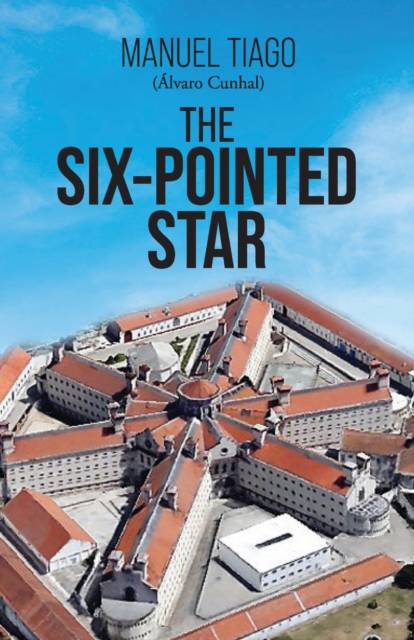
- Retrait gratuit dans votre magasin Club
- 7.000.000 titres dans notre catalogue
- Payer en toute sécurité
- Toujours un magasin près de chez vous
- Retrait gratuit dans votre magasin Club
- 7.000.0000 titres dans notre catalogue
- Payer en toute sécurité
- Toujours un magasin près de chez vous
Description
Manuel Tiago derived much of his material for this book about prison life from the years he spent in detention for his political views during the era of Portuguese fascism. There are three "political" prisoners in this novelistic mémoire, but mostly we meet men convicted for other types of crimes, many of them violent. But in a backward, repressive society, is stealing food for the poor or trying to demand justice for your fellow workers truly a crime?
Many writers have applied their gritty realism to the subject of prison, again, some from personal experience. The Six-Pointed Star, now available to an English-language readership, joins the select company of great books on this theme.
The author opens and closes his account on the outside of the prison. On almost every page, he tells stories, some tragic, some even with elements of humor, showing that life on the inside mirrors that on the outside. All the human qualities, both positive and negative, that we see there, we also see here.
In this composite tapestry of a place, a time, and a shifting population of 500 men, almost any reader will be able to identify moments in their own lives when they were just this far away from committing a crime, or wanting to, and ending up as these men did. However many reasons there may be why people commit crimes, even heinous ones, prison does not cancel a person's humanity. That may be in itself the single most important "message" this book communicates.
Spécifications
Parties prenantes
- Auteur(s) :
- Traducteur(s):
- Editeur:
Contenu
- Nombre de pages :
- 126
- Langue:
- Anglais
Caractéristiques
- EAN:
- 9780717808359
- Date de parution :
- 14-08-21
- Format:
- Livre broché
- Format numérique:
- Trade paperback (VS)
- Dimensions :
- 140 mm x 216 mm
- Poids :
- 167 g

Les avis
Nous publions uniquement les avis qui respectent les conditions requises. Consultez nos conditions pour les avis.






